In his first year in office, Gov. Andrew Cuomo created 10 regional councils to overhaul the distribution of state economic development funds – and he named someone from academia as one of the two co-chairs on each council. The appointments marked the beginning of a close collaboration between the administration and institutions of higher learning, public and private alike. In another high-profile partnership, Cuomo announced earlier this year that engineering experts at Columbia and Cornell universities had developed an innovative alternative to avoid the long-planned L train tunnel closure in New York City.
It is the leaders of schools and programs like these that make up City & State’s inaugural Higher Education Power 50. The list – which identifies the most politically powerful members of New York’s colleges, universities and other centers of learning – is not another ranking of institutions of higher education. Ratings of the best schools or assessments of academic excellence are factors, but so too are each leader’s achievements, influence in policymaking, and connections to key city and state government officials – from the governor to the mayor and on down.
1. Kristina Johnson
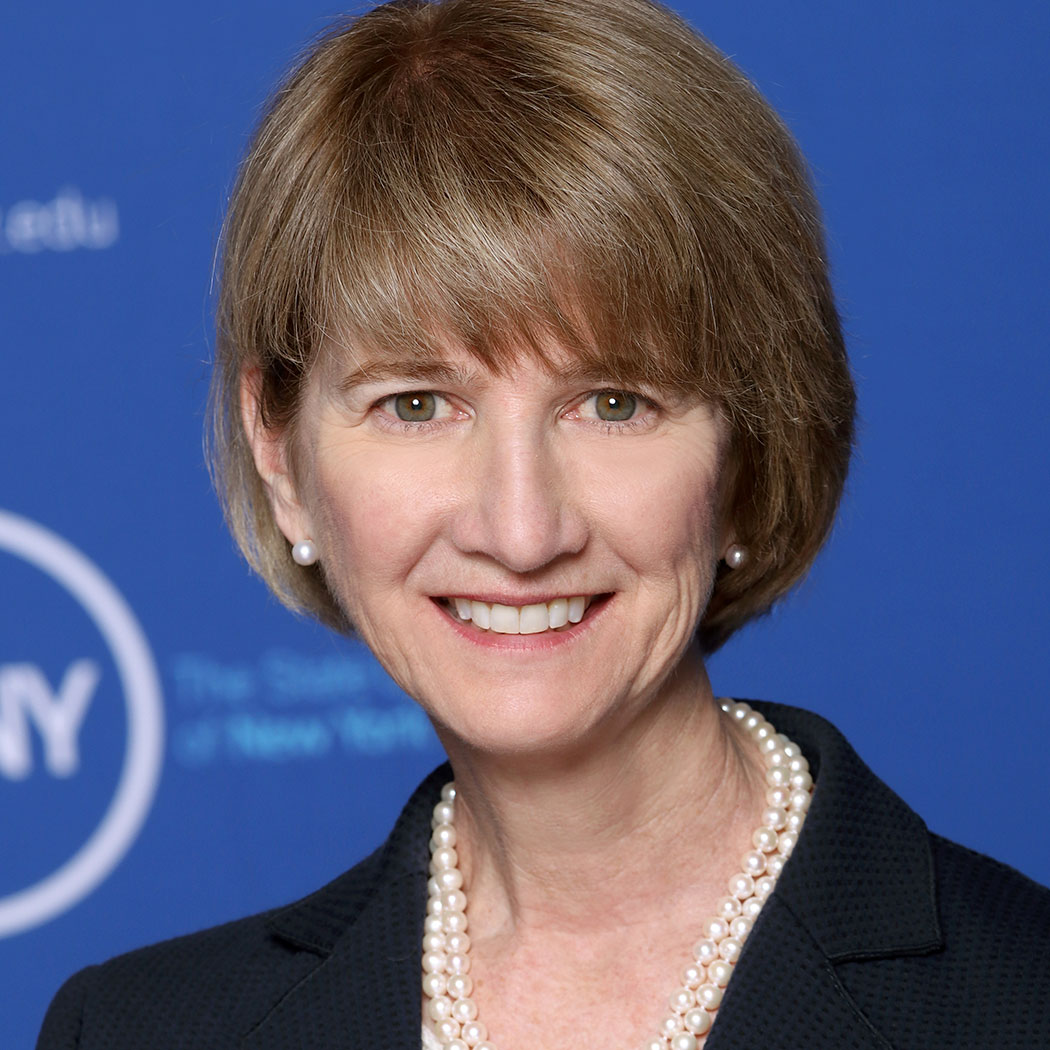
Chancellor of the State University of New York
The State University of New York is the largest such system in the country, but its vast size hasn’t kept it from evolving and innovating – especially under the forward-looking leadership of Chancellor Kristina Johnson.
Johnson is first openly gay person and just the second woman to run SUNY, which boasts 64 campuses, serves 1.4 million students and has so many alumni that one in three college-educated New Yorkers have a SUNY degree. Appointed nearly two years ago, the former Obama administration energy official, hydropower executive and world-class inventor has energized the system, spearheading partnerships with the tech industry, including IBM's commitment of $2 billion to SUNY Polytechnic Institute and other institutions, and pursuing a plan for “zero carbon operation.”
More so than many leaders in academia, Johnson is a player in New York politics and policymaking. She lobbies for funding for SUNY’s many schools and programs, is spearheading the rollout of the governor’s Excelsior scholarship, backed the DREAM Act, champions faculty diversity – and unapologetically trumpets the economic benefits of a college degree.
2. Andrew Hamilton
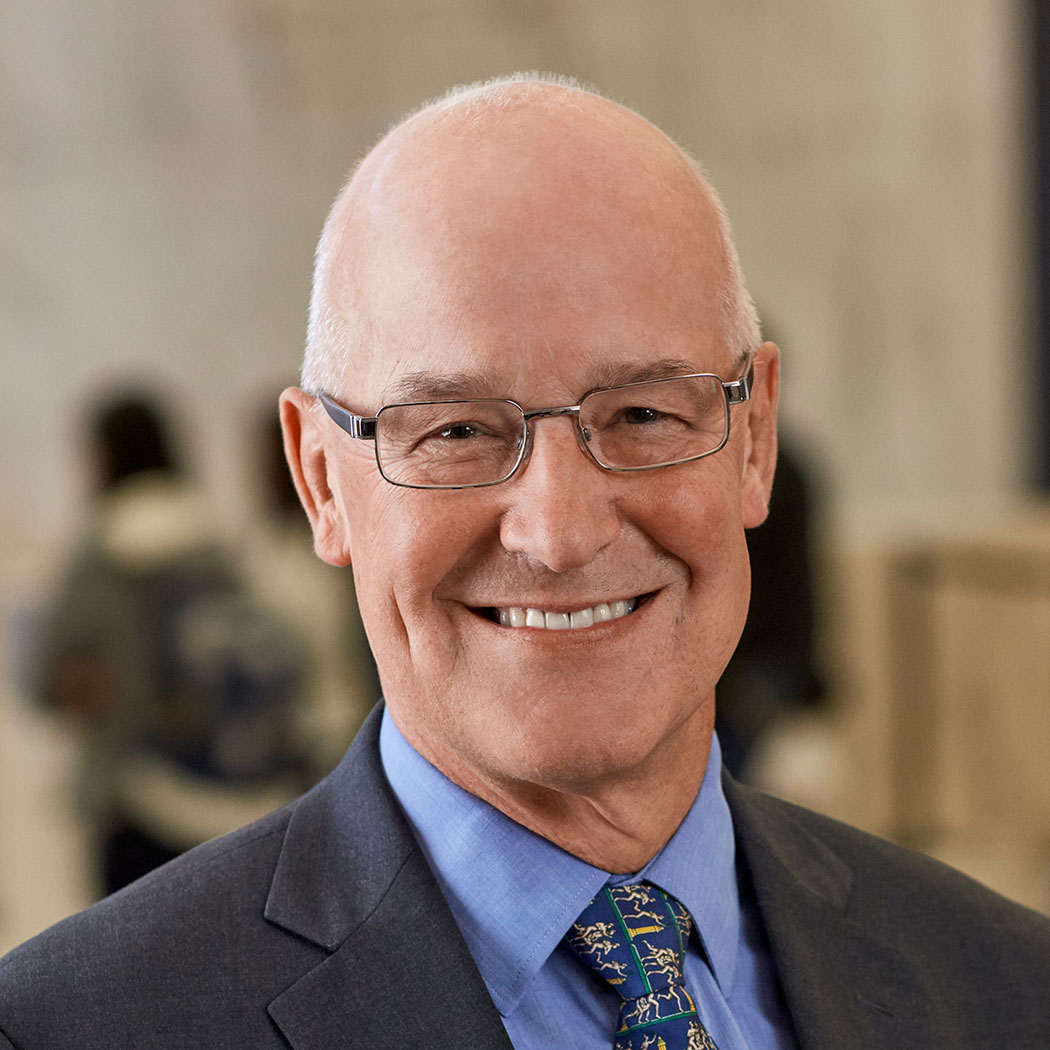
President of New York University
As New York University’s 16th president, Andrew Hamilton has overseen a period of rapid growth for the landmark New York City institution, building out its engineering and medical schools, continuing an expansion overseas in Abu Dhabi and Shanghai, and becoming a political powerhouse in his own right.
In 2017 he presided over a $500 million Downtown Brooklyn expansion, taking over an old Metropolitan Transportation Authority headquarters for the newly re-christened NYU Tandon School of Engineering. Other expansions include the massive 735,000 square foot student hub on Mercer Street.
Hamilton is also a diplomat of sorts. The award-winning chemist and former leader at Oxford University inherited a delicate situation when he became NYU’s president in January 2016: a strained faculty-administration relationship, campus turmoil and neighborhood tensions surrounding some of the college’s expansion plans.
However, Hamilton has made significant effort to defuse these situations and has opened up dialogue with the student body surrounding concerns about tuition cost. Hamilton is also a board member of the influential American Council on Education.
3. Lee Bollinger
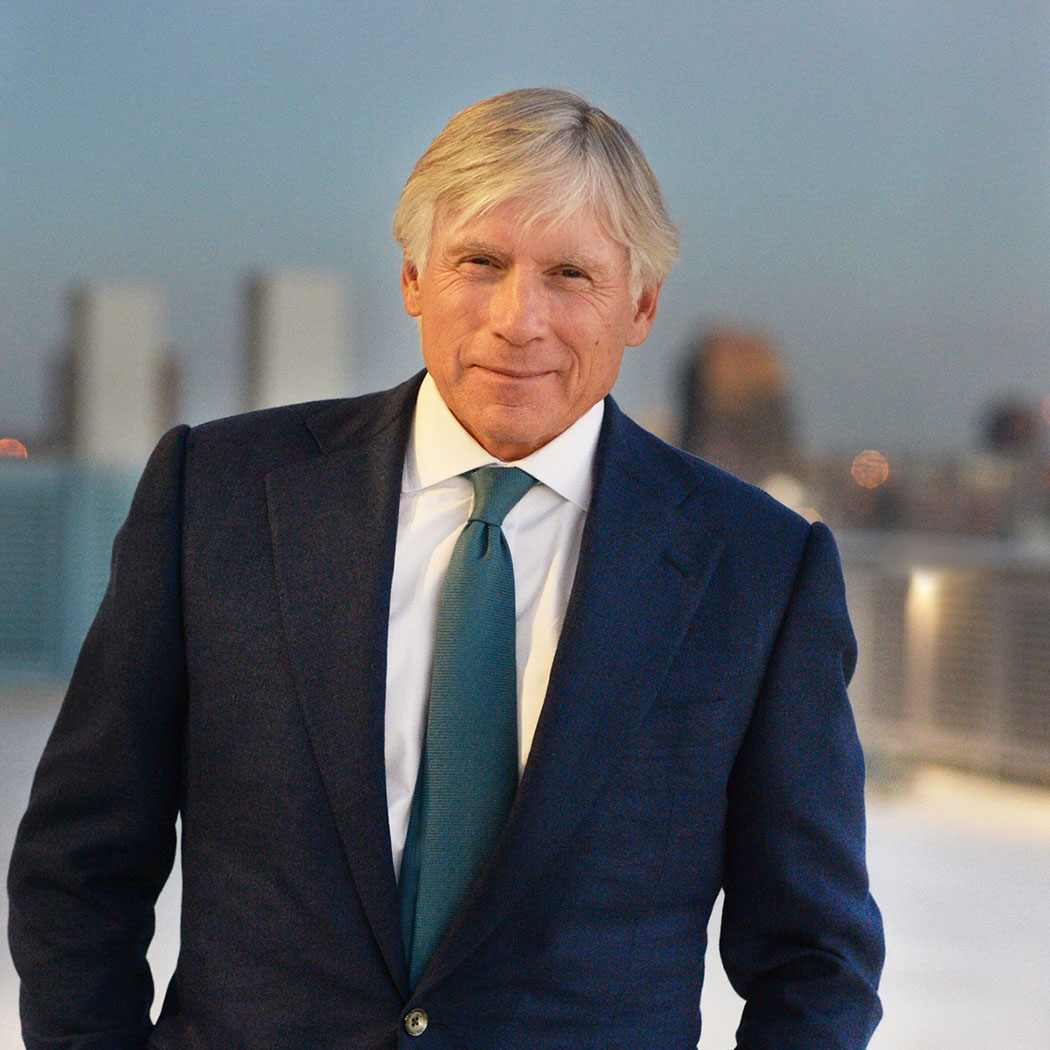
President of Columbia University
Lee Bollinger has had a steady hand in his stewardship of Columbia University, New York City’s flagship institution of higher learning, which he has led since 2002. The Columbia Law School graduate spearheaded the Ivy League institution’s expansion into nearby Harlem, winning a years-long land use battle to pave the way for the school’s new Manhattanville Campus.
Bollinger has not shied away from political issues, overseeing Columbia’s collaboration with a number of other universities on a legal challenge to the 2017 executive order restricting immigration. And when Gov. Andrew Cuomo joined former Vice President Al Gore to announce new efforts to combat climate change, the venue for that announcement was Columbia.
A noted legal scholar on First Amendment rights, Bollinger has found himself at the center of free speech debates that have roiled his campus. “PrezBo,” as the 19th president of Columbia University is called by undergraduates there, has taken fire on hot-button topics including the Israel-Palestine debate and a 2007 speech on campus by Iranian Prime Minister Mahmoud Ahmadinejad.
4. Félix Matos Rodríguez
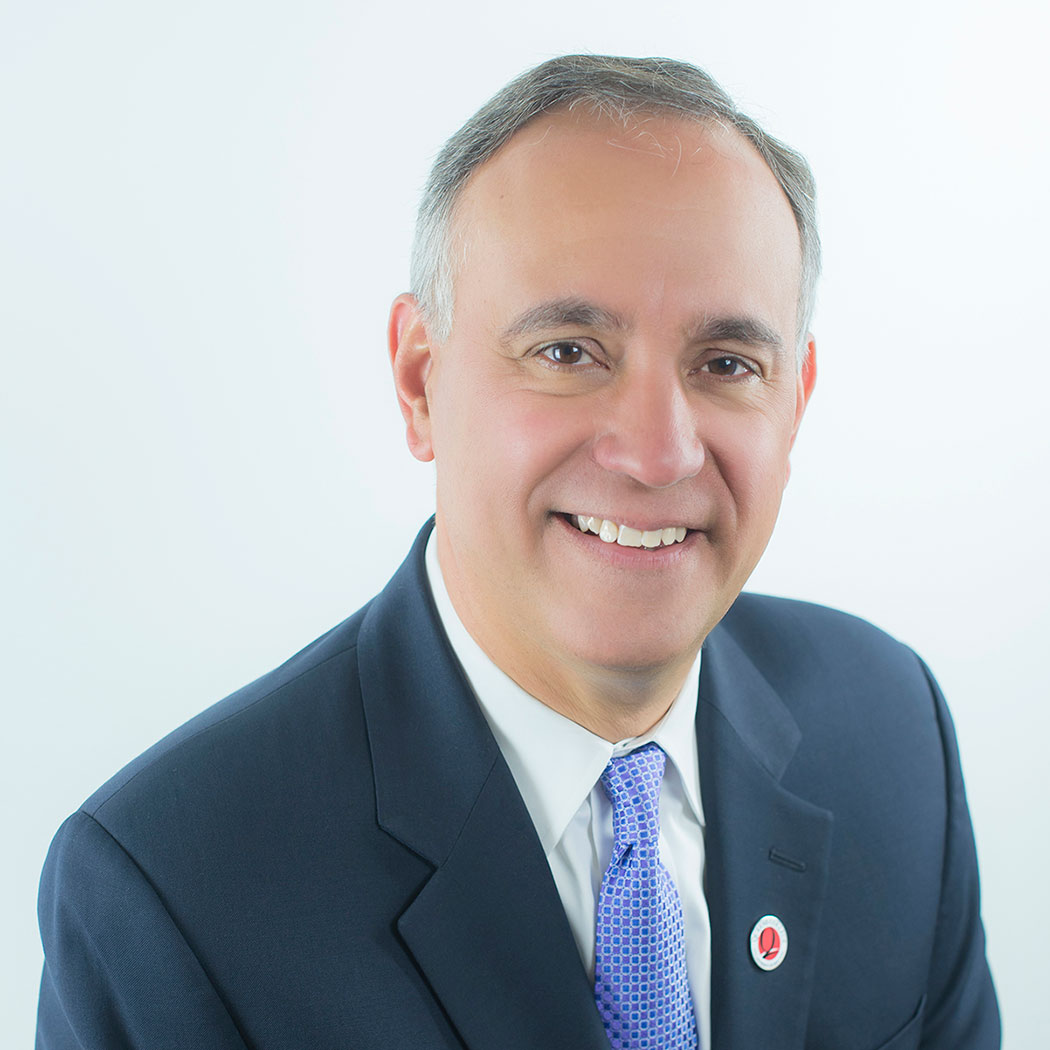
Incoming Chancellor of the City University of New York
Félix Matos Rodríguez the current president of Queens College, has worked his way up through the CUNY system. The Puerto Rico native started out as the president of the Bronx’s Hostos Community College, where during his five-year tenure he dramatically raised retention rates and doubled fundraising. Then in 2014 he took over as president of Queens College, where he gained recognition for his acumen as a fundraiser, nearly doubling the Queens College Foundation’s endowment. Rodríguez has earned repeated commendations for his success at making Queens College into a machine of social mobility, propelling working class students into the middle class. In August 2018, The Chronicle of Higher Education ranked Queens College 11th out of all U.S. colleges for upward social and economic mobility.
Rodríguez is due to start his new position on May 1, and will be the first Latino chancellor of CUNY, a sprawling system with 25 campuses all across the city. He brings with him a track record of creating the kind of social mobility that the CUNY system is renowned for.
5. Martha Pollack
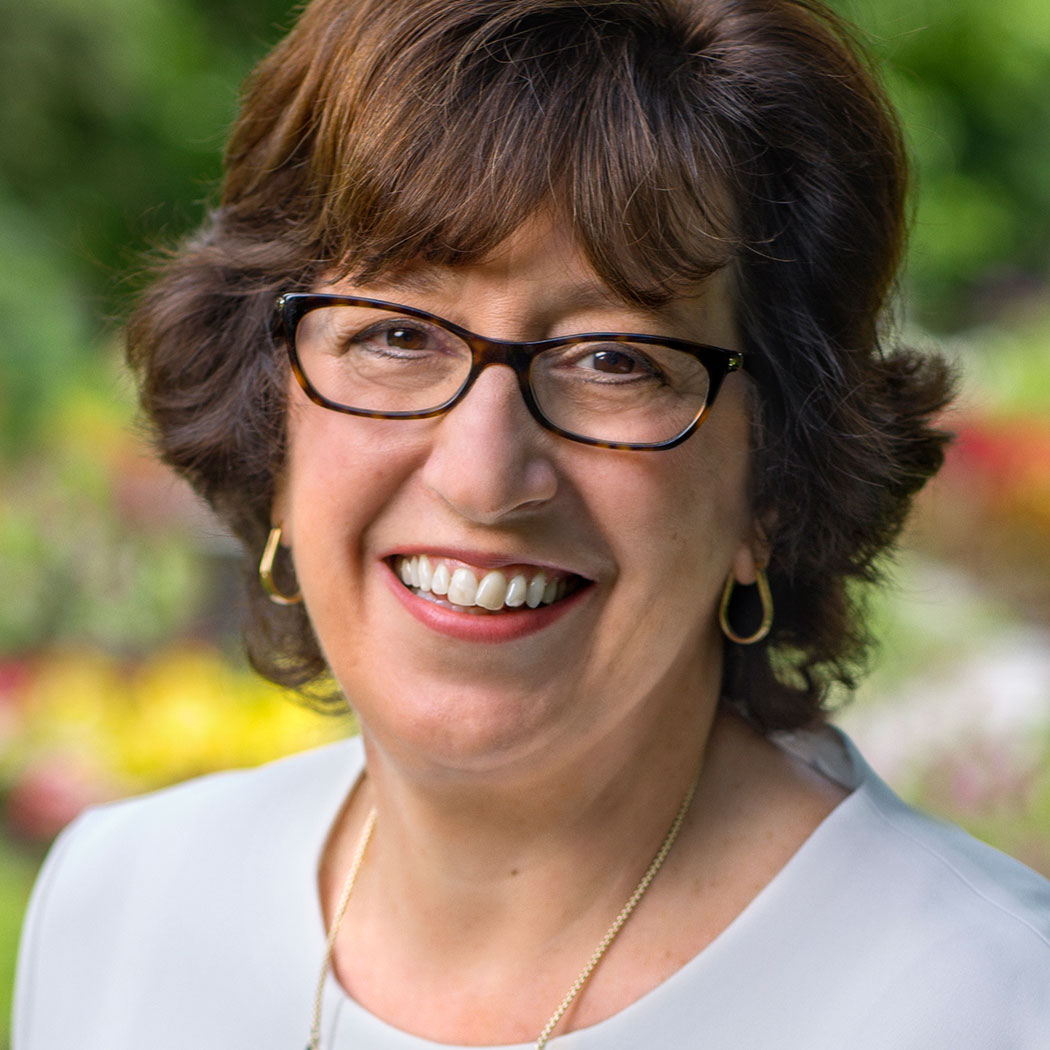
President of Cornell University
While Cornell University has traditionally been known as an elite Ivy League institution with a leafy campus in Ithaca, it has become much more than that – and computer scientist Martha Pollack has wasted little time in drawing on her tech background to help shape the school’s agenda since taking over as its 14th president in 2017.
In partnership with the de Blasio administration, Pollack is overseeing the development of Cornell Tech, a groundbreaking school on Roosevelt Island that was conceived during the Bloomberg years and was reportedly a factor behind Amazon’s plan to move its HQ2 to Queens. Even with Amazon backing out, the campus is forecasted to create 8,000 permanent jobs and generate economic activity in excess of $23 billion over a 35 year period. An expert in artificial intelligence, Pollack serves on the board of computer giant IBM, which is expanding the tech industry in upstate New York. On her watch Cornell has also launched the Institute of Politics and Global Affairs, headed by former U.S. Rep. Steve Israel.
NEXT STORY: The Real Estate Power 50


